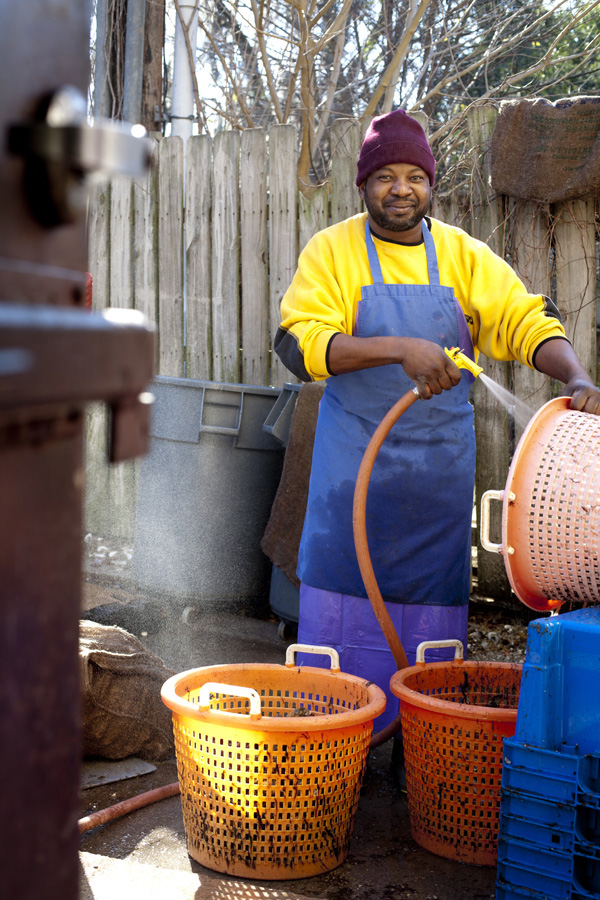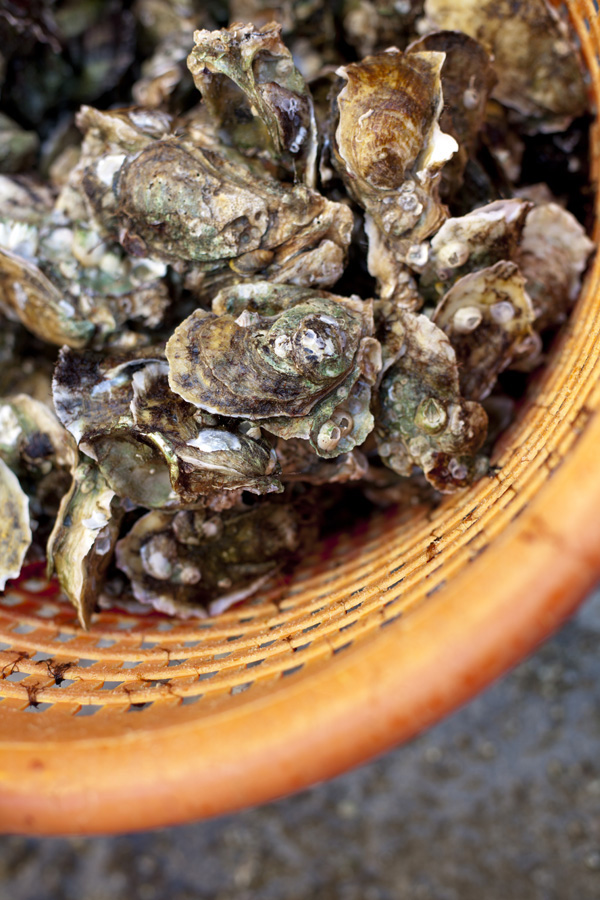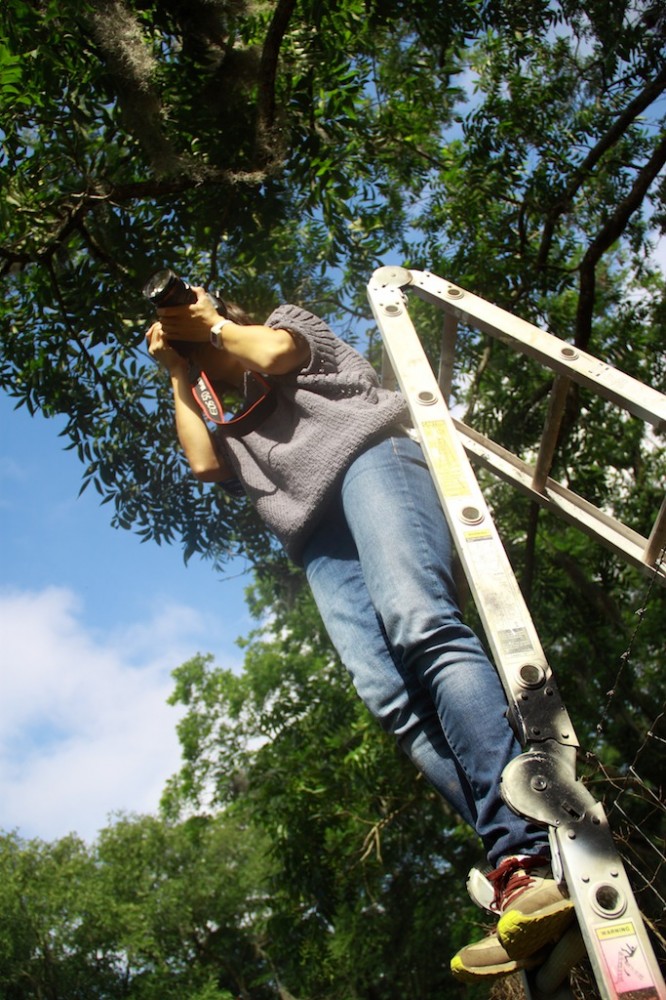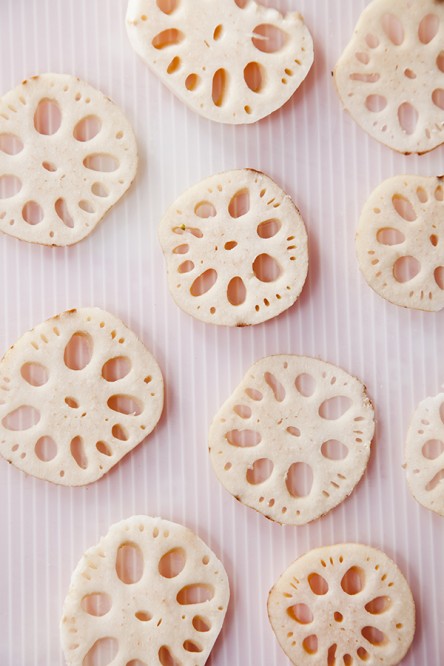By Andrea Goto
Photography by Chia Chong
I have this habit of looking at people’s hands like I’m looking for clues. I find they reveal so much more than most people are willing to offer. They tell a story.
As Vincent Hooper hauls 50-pound burlap sacks of oysters, I can’t help but notice that his hands are big—too big for his average size, as if they grew in spite of him. His fingers look swollen and ashy around the joints and cuticles. The skin across the backs of his hands stretch tight, like leather gloves that are too small and worn to offer any real protection.
When I ask if he ever wears gloves to protect his hands, he looks as if I asked if the moon is square: “No.”
Vincent, a Savannah native, has been cleaning fish, counting shrimp and shucking oysters at Charles J. Russo Seafood for 16 years. At 30 years old, he had four children and needed work, so he “just came up here one day looking for a job” and was hired on the spot, though they probably didn’t think he’d last. Few men do.
Vincent has seen a lot of men come and go over the years, men who can’t bear the thought of spending 10-hour days cleaning truckloads of fish or pallets of oysters stacked waist-high. “One came in one day and he went for lunch and he ain’t never came back. He went to lunch and that was it,” he says, flashing a mouthful of gold that seems at odds with a man who’s reluctant to say too much.
Vincent takes pride in doing the job nobody else wants and probably does it better than anyone else could. When 2,000 to 4,000 shrimp come barreling through the shoots, he counts and tags them. “That’s my thing,” he says with a touch of territorialism. “Ain’t nobody gonna want to do that.” So what does Vincent have that some other men lack? A pragmatism that runs so deep, you could float a boat in it: “It’s mind over matter, you know what I mean? I just keep doing. Keep moving, that’s all.” Unfortunately, his no-nonsense approach to work makes it hard for him to elaborate on the skills I want to know more about. For instance, he tells me that the art to shucking is simply “not to stick yourself.” But if you watch how quickly and intuitively his hands pop an oyster and fillet shad—the boniest fish in the world—you know there’s more to the story.
Of course, the story wasn’t written overnight. He tells me that he’s stuck himself hundreds of times, so much that he says, “I got used to it. It doesn’t bother me.” And on his first day of work, Vincent nearly lost his finger when it got caught in the electric scaler, a machine that makes a chainsaw look like a child’s toy. “It was on a Friday, the busiest day. And it lift my nail up. It lift it up like one of those scales,” he laughs when he says this, but listening to the scaler buzz wildly in the next room, I feel a little nauseous.
I understand the value of hard work, but I sure as hell don’t understand how a man gets “used to” being cut or nearly losing his finger. I look down at my own hands, moisturized and unscarred, and realize why that probably is.
And P.S., Vincent’s allergic to oysters. But that’s another story.


















